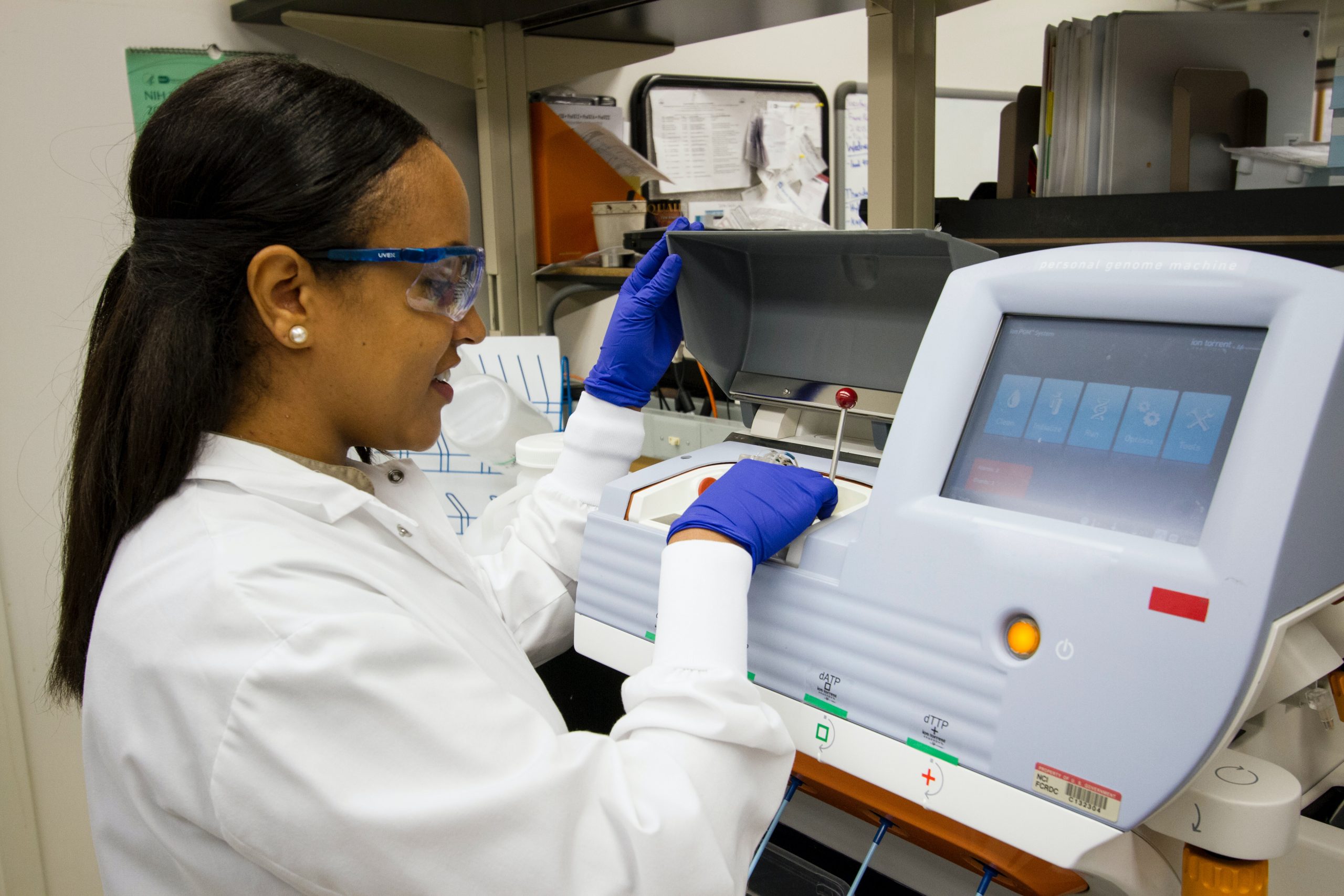

Five opportunities and five challenges for HERA, a new EU authority
On September 16, the European Commission (EC) announced the new European Health Emergency Preparedness and Response Authority (HERA), aimed at improving EU health security coordination by bringing together Member States and stakeholders and reinforcing the global health emergency response architecture.
While HERA should open up opportunities for research and development (R&D) on epidemic preparedness and response, the EC proposal leaves some key unanswered questions. This is our take on HERA and what we believe are the opportunities (+) and challenges (-) of the proposed new EU authority:
International cooperation
+ HERA has a clear mandate to reinforce the global health emergency response architecture, including supporting Africa’s preparedness and manufacturing capacities.
– HERA fails to prioritise international cooperation on R&D, despite the successes on COVID-19 and Ebola vaccines.
Research and development
+ HERA will support the development of an “EU Pandemic Preparedness Partnership” and aim to pool fragmented R&D capacities across the EU.
– HERA does not refer to the need of improving coherence with – and of contributing to – other EU health R&D initiatives such as the EDCTP3 and the IHI.
Stakeholder participation
+ HERA’s advisory Forum identifies academia and civil society representatives as stakeholders.
– The Forum focuses primarily on information exchange and the role of the European Parliament in the legislative negotiations and the decision-making of HERA is weak.
Budget
+ HERA’s budget proposal (6 billion euros for 6 years) with the possibility of additional emergency funds is bold and ambitious.
– HERA’s budget is not fresh money, so using the funds for HERA could spread thin EU resources for health and health R&D. Co-investments from Member States and third parties should be fostered.
Access and affordability
+ HERA commits to promote the affordability of new/improved medical countermeasures.
– Affordability varies greatly between countries and regions. HERA should aim to ensure that technologies are also accessible and affordable for low-resource settings and vulnerable populations.
According to Lisa Goerlitz, DSW’s Head of Brussels office:
“In contrast to the very national health security focused US BARDA, the EU’s HERA specifically includes international collaborations in one of its three objectives. This is great, but we would have liked to see research and development as one of the priorities of HERA’s international collaboration, which seems to focus mostly on preparedness and response capacities.”
Regarding the missed of opportunity of an increased EU-Africa cooperation on R&D, Lisa added:
“The Commission rightly emphasises the need to improve local manufacturing and distribution capacities in Africa, our twin-continent, and foresees support to LMICs in this area. But the same needs to be done for health research and innovation capacities in LMICs and particularly in Africa to better address future but also ongoing epidemics without effective medical countermeasure, like tuberculosis or malaria. Horizon Europe and the R&I partnership ‘Global Health EDCTP3’ already foster EU-Africa R&I collaboration, and HERA should seek synergies and build on the expertise of these initiatives.”
Photo: Unsplash


